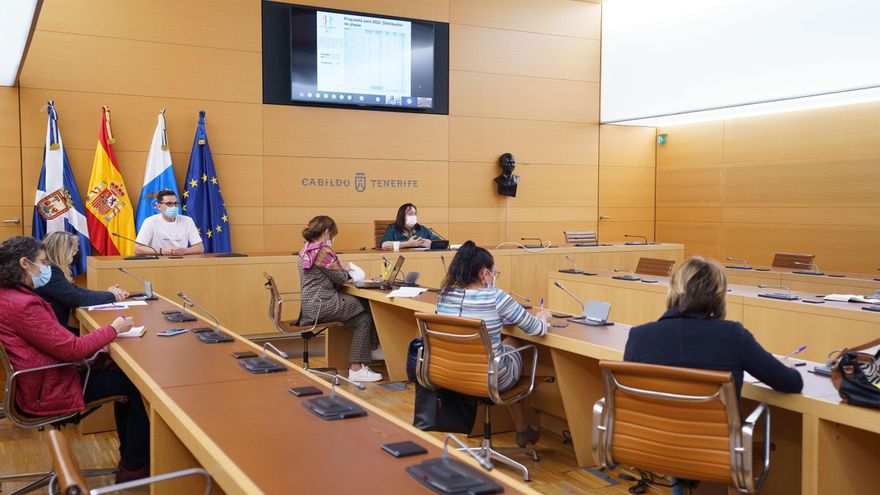
The Council of Tenerife, through the Social and Socio-Sanitary InstituteIt has been agreed with the 31 municipalities of the Island to resume the Social Tourism program for the elderly. The project will resume from this year and, temporarily, some changes will be made to adjust it to current health situation.
The third vice president and councilor of Social Action, Marián Franquet, held a meeting this week with representatives of the municipalities in which she presented a proposal for Social Tourism focused on the insular area that, according to the councilor, was very well received by all the municipalities .
As Franquet explained at the meeting, in which face-to-face and online participation were combined, “the objective is to re-launch this programme, which has traditionally been very well received and has been very beneficial for elderly beneficiaries that, without the support of the administration, they would hardly be able to travel”.
The minister recalled that in previous editions this program was co-financed in equal parts by the Cabildo, the town halls and the beneficiaries themselves. However, this year and in order to facilitate the resumption of the programme, the council will bear 100% of the costswhile the municipalities will be in charge of making the selection of the elderlyin accordance with minimum criteria established by the Island Corporation in relation to their age and family income level.
Likewise, Social Action will also count on the town councils to propose and design the leisure that will be offered to the elderly within the Social Tourism program.
“Our goal is to be able offer seniors in need a breakeven though guaranteeing your security and controlgiven the current health conditions, and at the same time helping to boost the island’s economy”, added Franquet, who estimated 576 the number of seats that will be offered.
Under these conditions, the insular area of Social Action and the town councils agreed to start the procedures to tender the provision of the service and distribute the places provided, according to the number of people over 65 that has been registered in each municipality.
















